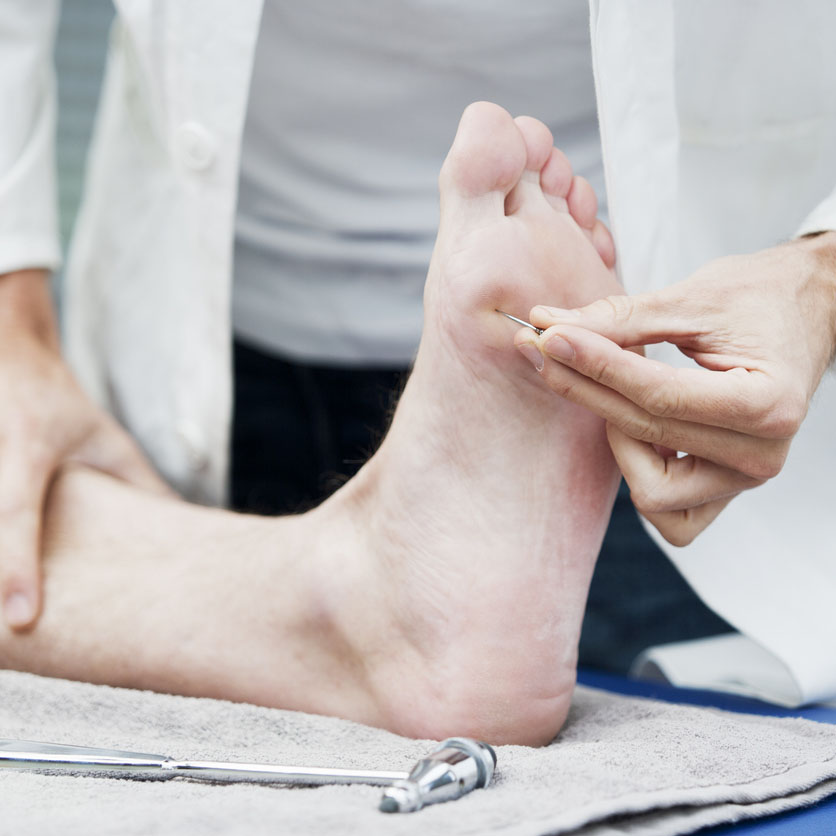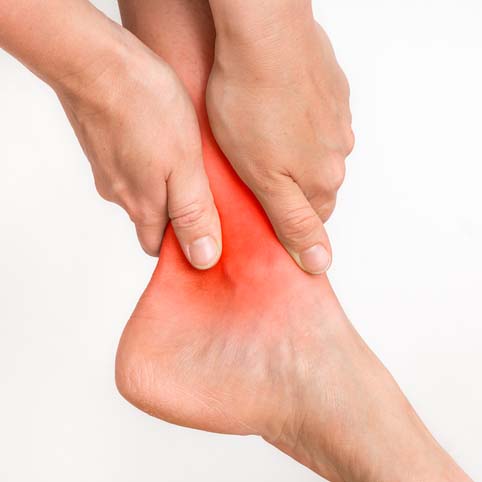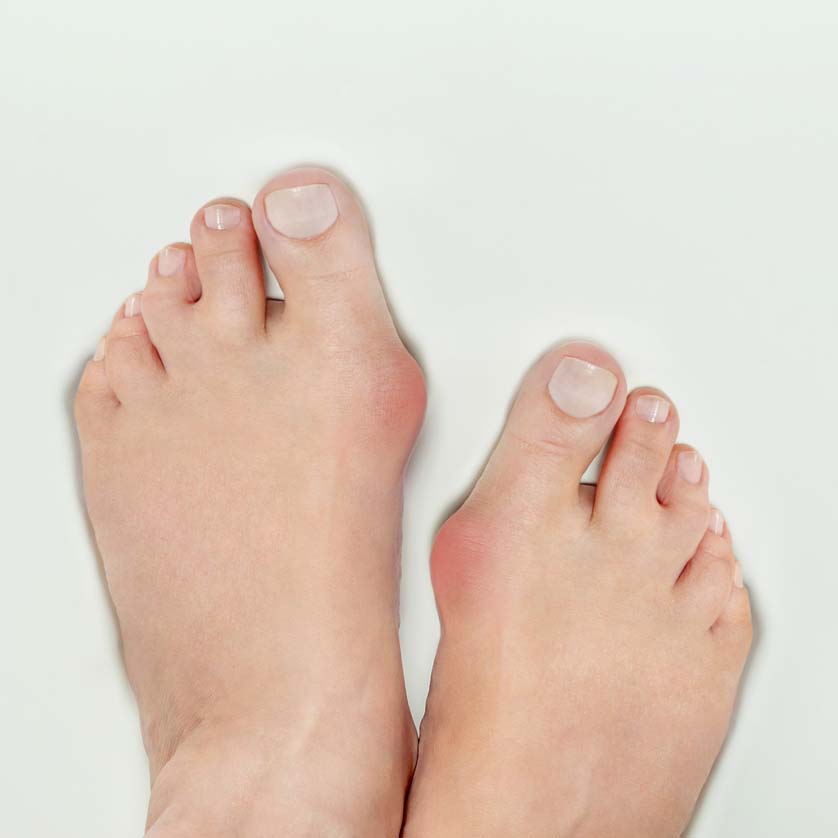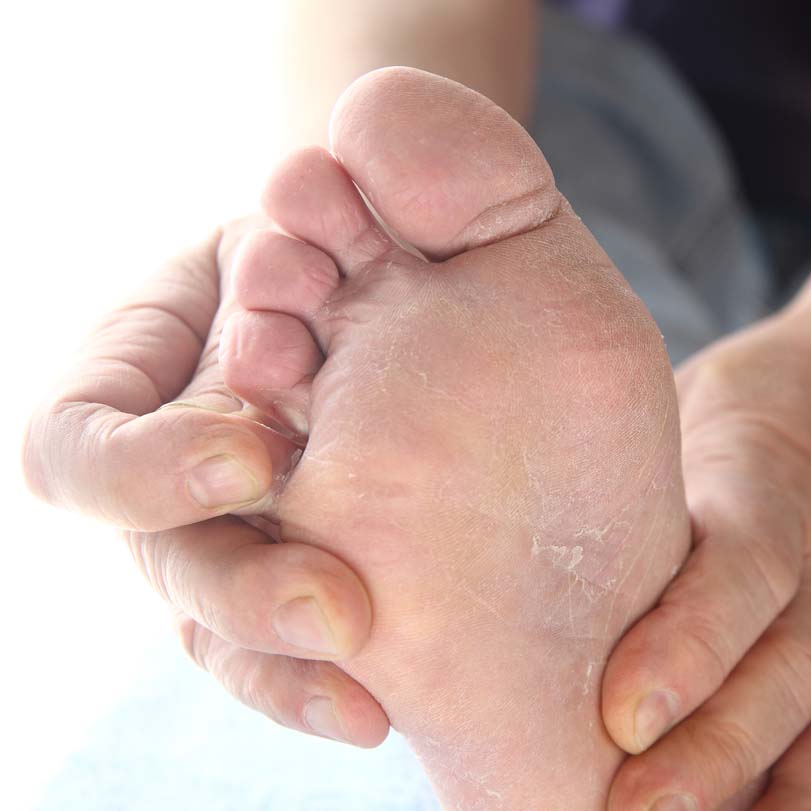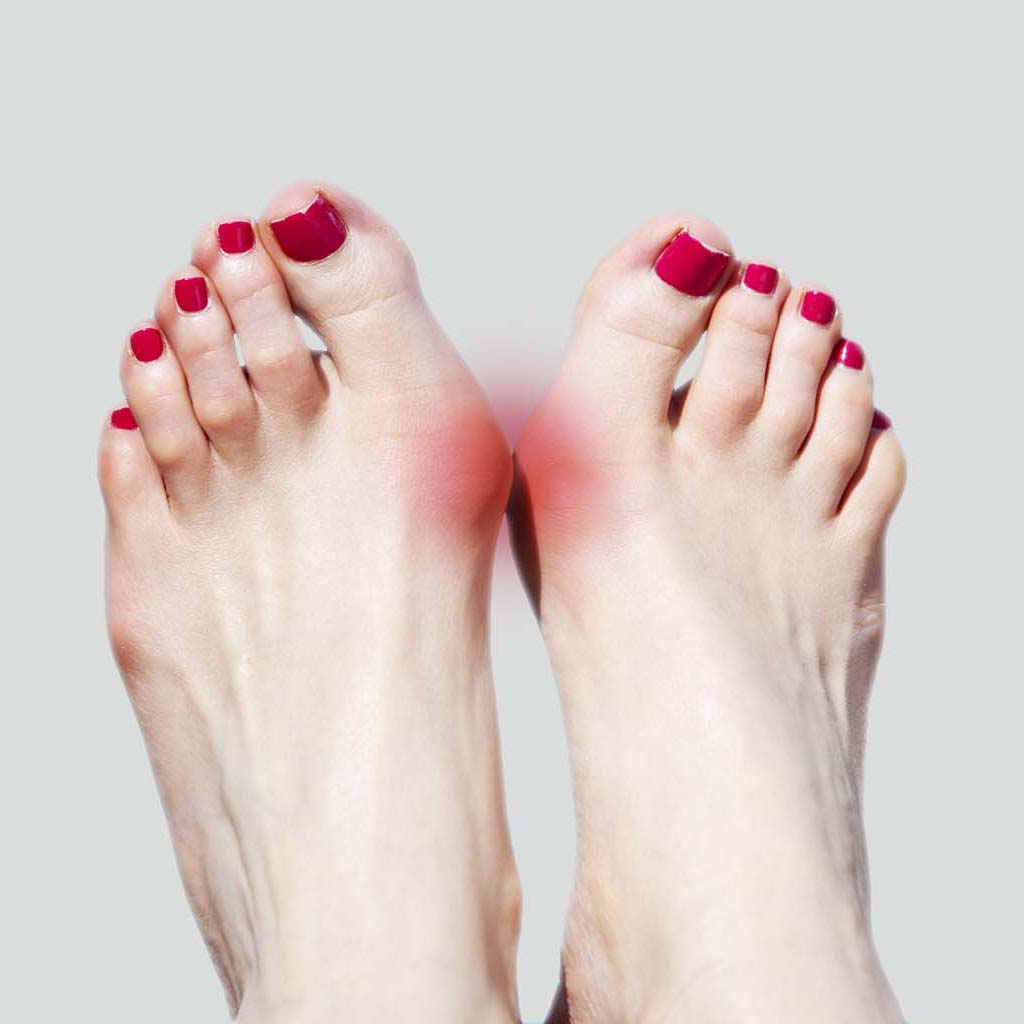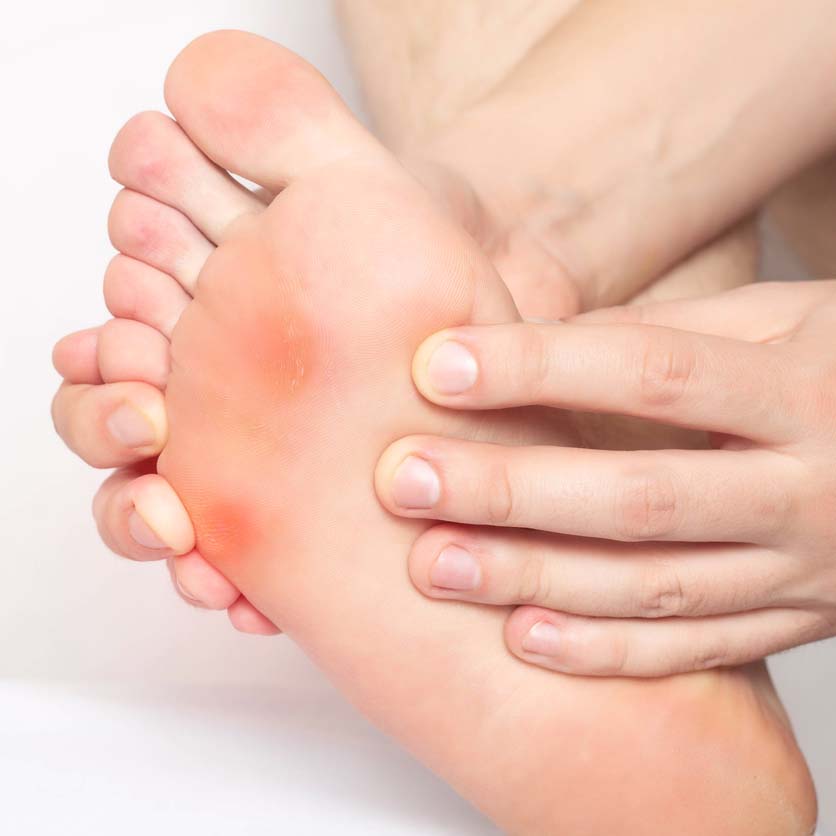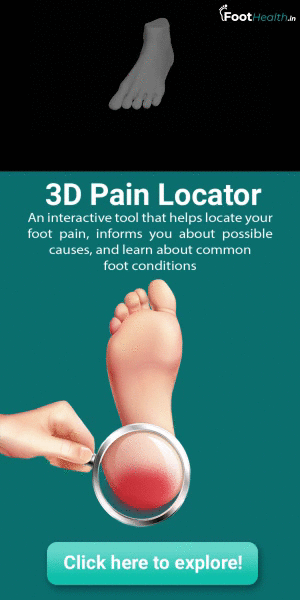


Shin splints
Introduction
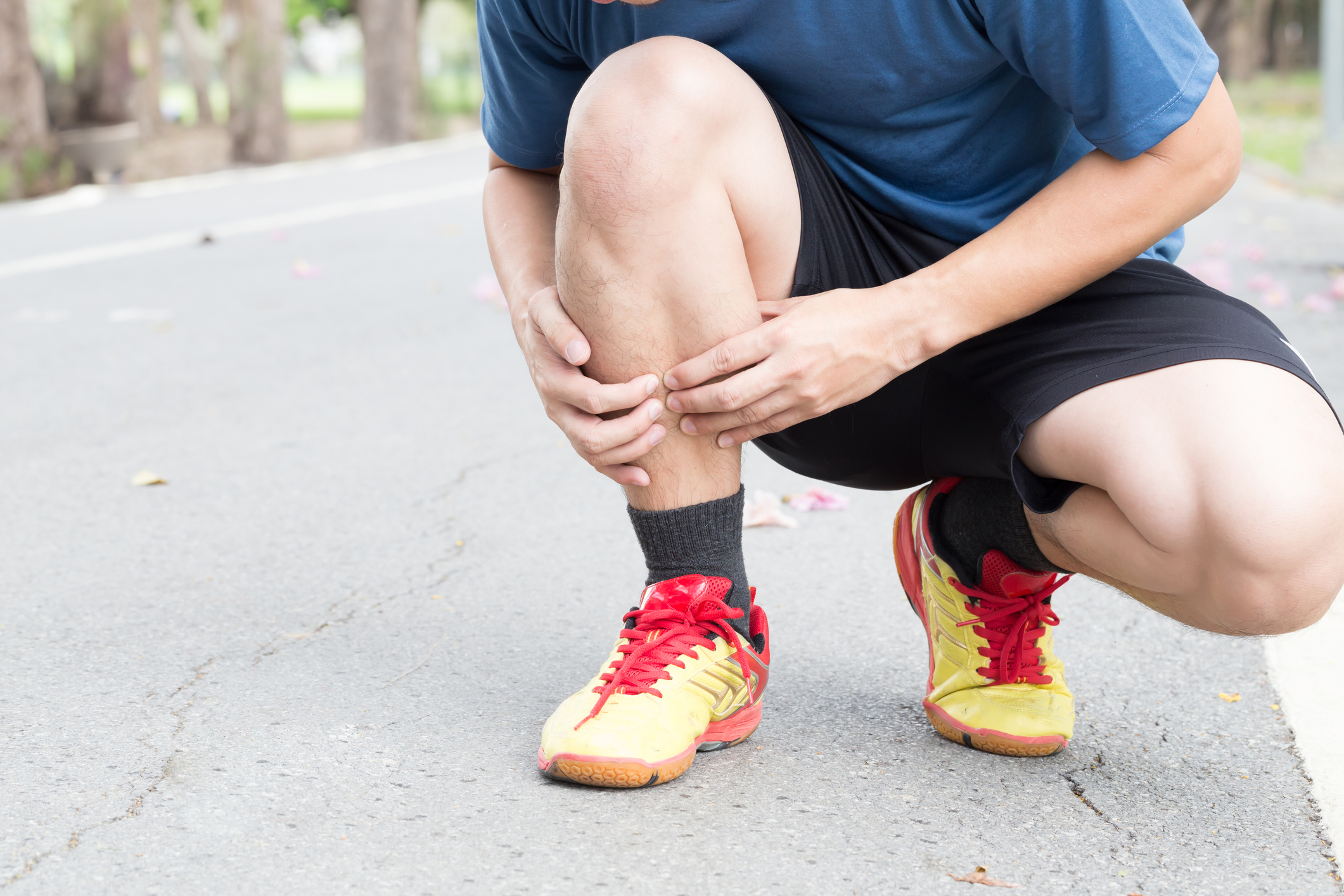
Shin splints are a common leg complaints, especially among runners and athletes. They present with pain in the front or inner region of the lower leg due to repeated overuse of the muscles. The pain develops gradually as a dull ache on the Shin (at the knee) after running or walking with no history of trauma.
Small bumps and tender areas may become prominent adjacent to the shin bone. The pain can become more intense if shin splints are left untreated it can result in stress fractures. Shin splints usually involve small tears in the leg muscles where they are attached to the shin bone. Shin splints are of two types: anterior shin splints, in the front portion of the tibia (knee bone) and posterior shin splints, occurring on the inside of the leg along the tibia.
Cause
Shin splints occur when the leg muscles are stressed by toe walking or running on hard surfaces or by sports that involve high impacting activities like jumping. Wearing worn out athletic shoes can also cause this condition. Flat feet are another factor that contributes to increased stress on the lower leg muscles during exercise. People with high arched feet can also experience discomfort from shin splint because this foot type has poor shock absorption directing all the stress to the shin.
Treatment And Prevention

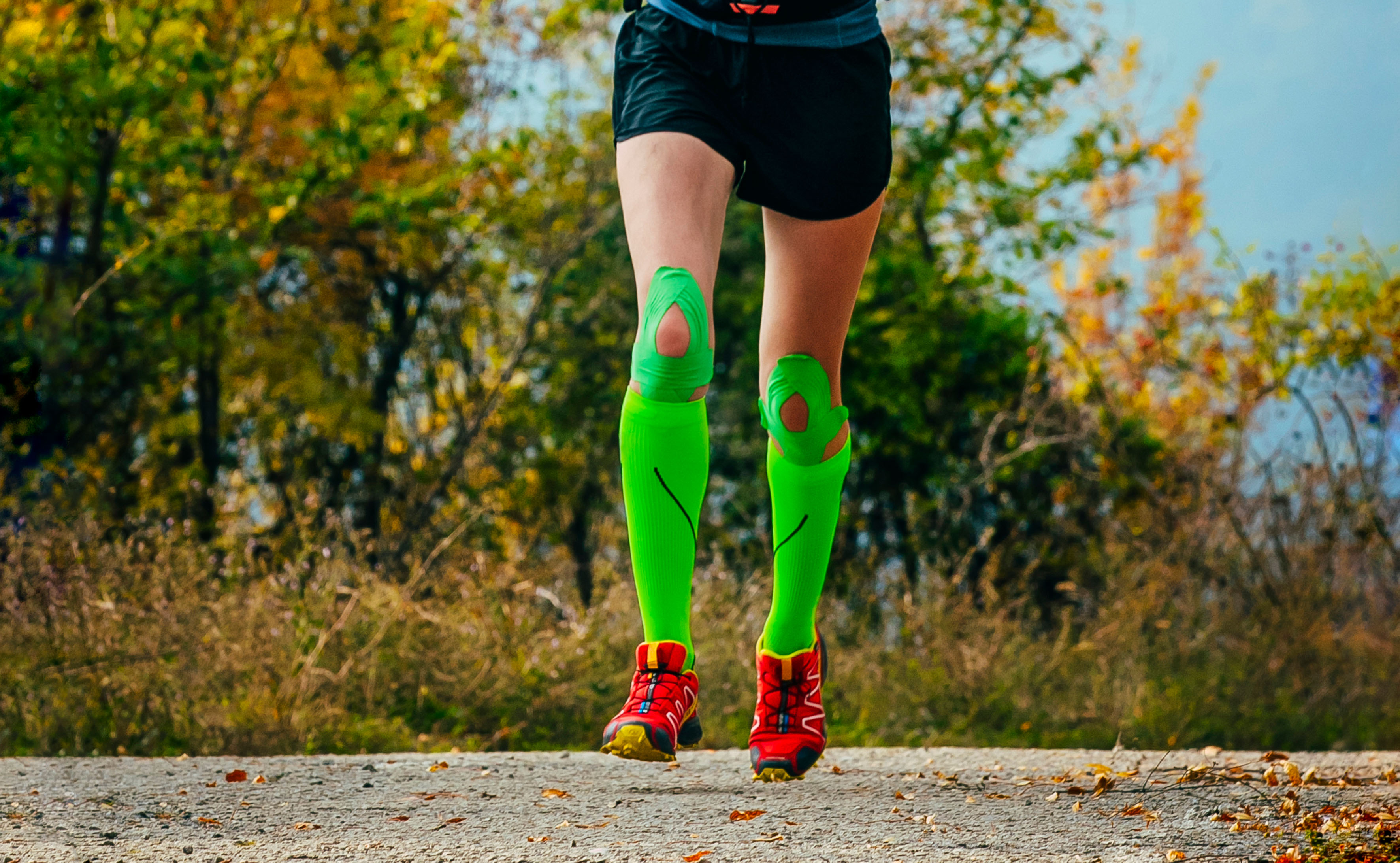
Shin splints can be best prevented by stretching and strengthening the leg muscles. Activities which involve excessive running on hard surfaces or jumping on the ball-of-the-foot should be avoided. Wearing footwear with good shock absorption, Insoles with arch support is recommended.
Allow enough warm up and cool down before strenuous physical activities. Icing the area immediately after running is also effective, along with gentle stretching before and after training. It is advisable for Runners to decrease mileage for about a week and avoid hills or hard surfaces. Sometimes, a physician consultation may be required to prescribe anti inflammatory medications, to reduce inflammation.
Read our Articles
